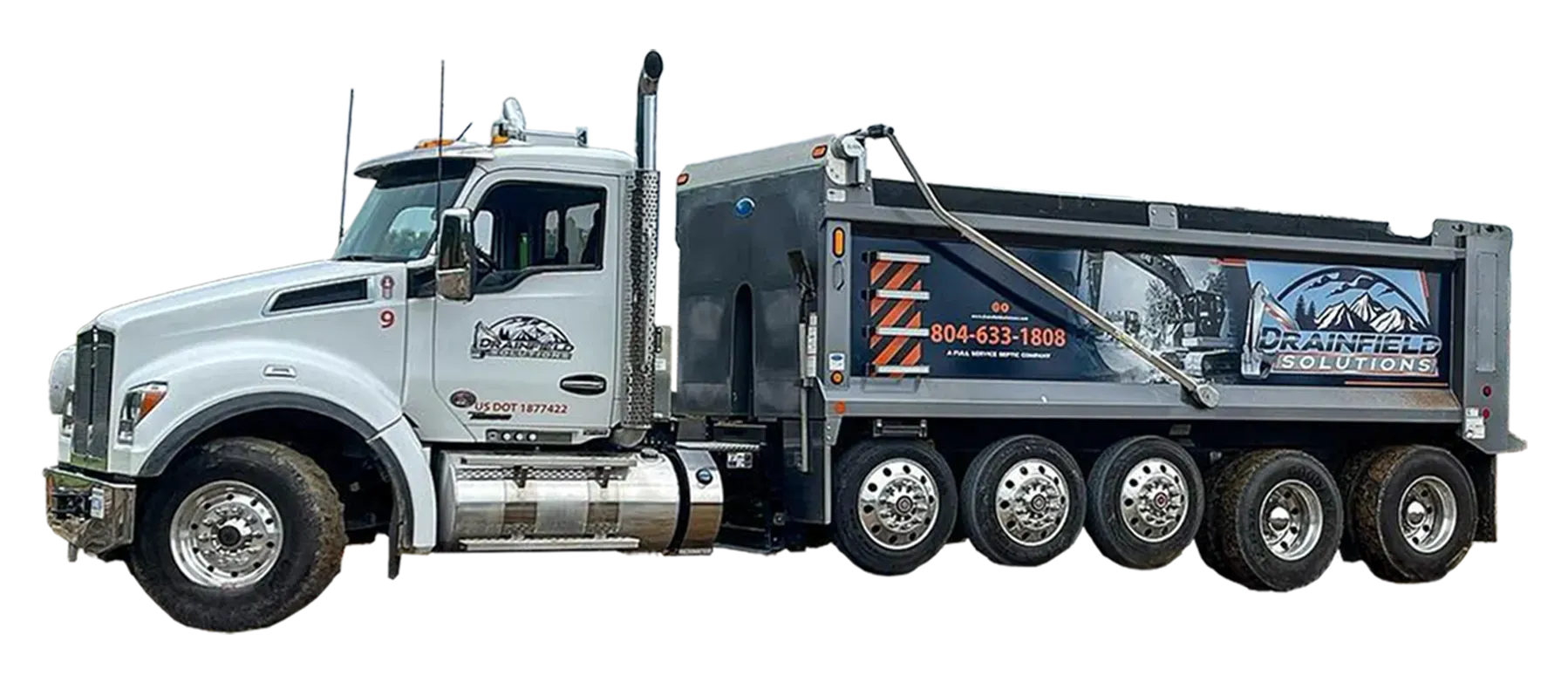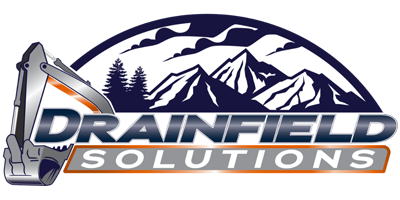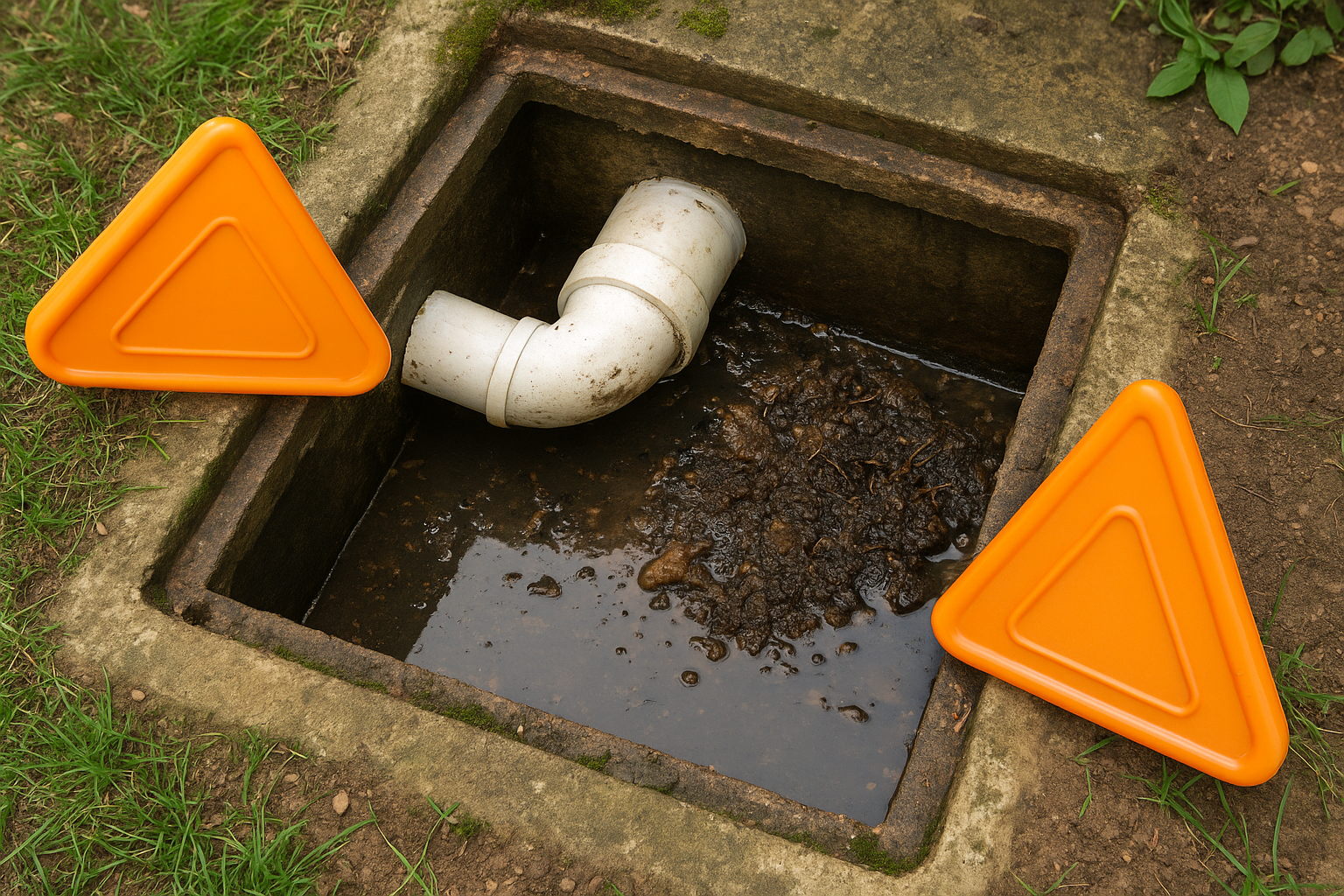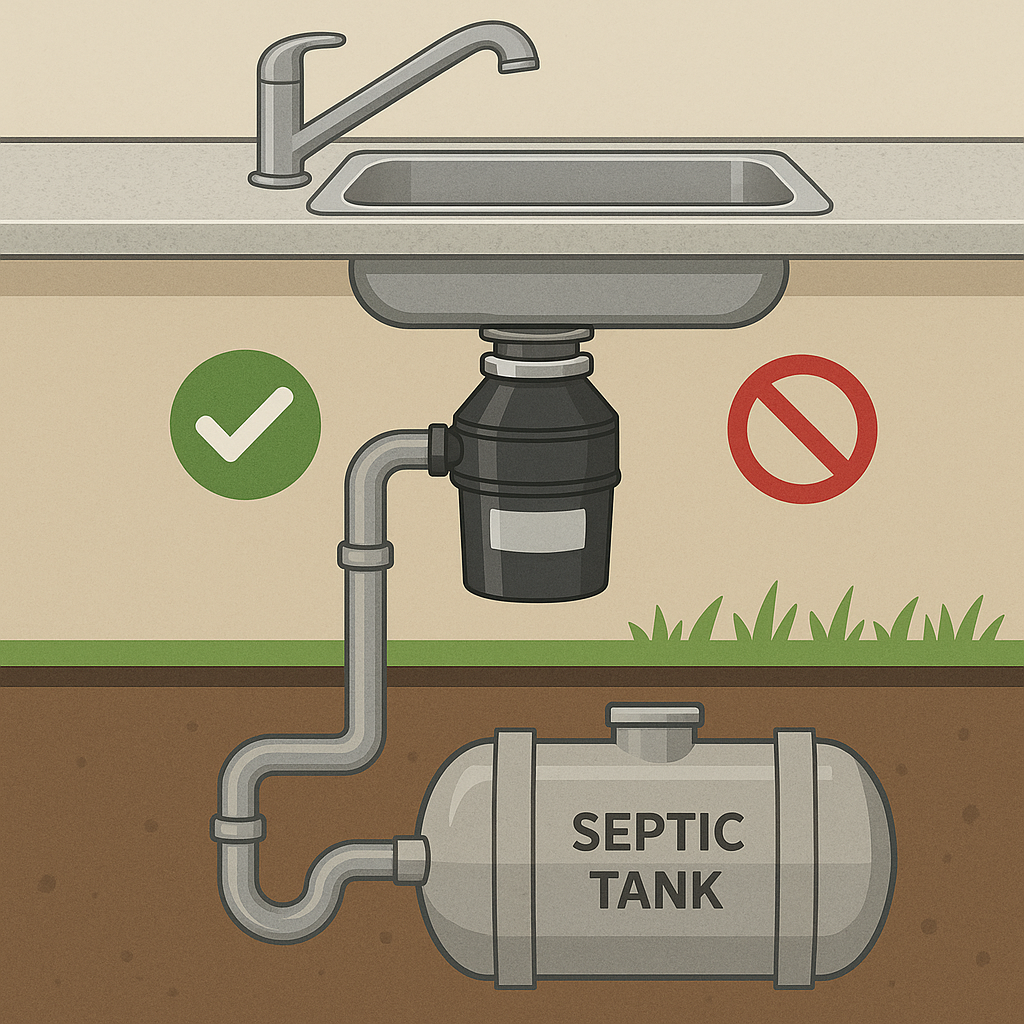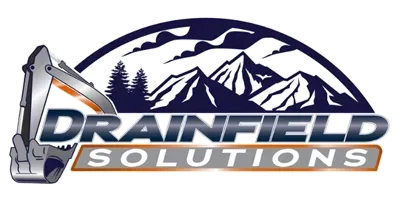
10 Septic System Maintenance Tips
April 14, 2025
A properly maintained septic system is essential for protecting your property, ensuring efficient wastewater treatment, and safeguarding the environment. While it’s easy to overlook your septic system, regular maintenance can prevent costly repairs, unpleasant odors, and potential health hazards. Whether you’re a homeowner or business owner in Central Virginia, taking a proactive approach to septic system care is a smart investment.
At Drainfield Solutions, we’ve been delivering reliable septic system services since 2005. From routine maintenance to emergency repairs and new installations, our family-owned company is committed to providing expert care tailored to your needs. If you’re looking for professional assistance, call us at 804-633-1808 or visit www.drainfieldsolutions.com.
Here are some professional tips to help you maintain your septic system and ensure it operates efficiently for years to come.
1. Understand Your Septic System
The first step in maintaining your septic system is understanding how it works. A typical system includes a septic tank and a drainfield (also known as a leach field). The tank collects wastewater from your home, separating solids (sludge) from liquids (effluent). The effluent then flows into the drainfield, where it is naturally filtered by the soil.
Knowing the location of your septic tank and drainfield is critical for proper care. If you’re unsure where these components are located, consult a professional like Drainfield Solutions, who can help map out your system.
2. Schedule Regular Pumping
Routine pumping is one of the most important aspects of septic system maintenance. Over time, solids accumulate in the septic tank, reducing its capacity and potentially leading to clogs or backups. Most systems require pumping every 3–5 years, depending on factors such as tank size and household usage.
Signs that your tank may need pumping include slow drains, gurgling sounds in pipes, or sewage odors near your property. Don’t wait for these issues to escalate—schedule regular pumping with a trusted provider like Drainfield Solutions to keep your system functioning optimally.
3. Monitor What Goes Down the Drain
Your septic system is designed to handle wastewater and biodegradable materials—but that’s it. Flushing or disposing of inappropriate items can lead to clogs, damage, or even system failure. Here’s what to avoid:
- Non-biodegradable items: Diapers, wipes (even those labeled “flushable”), feminine hygiene products, and dental floss should never enter your system.
- Grease and oils: Cooking oils can solidify and block pipes over time.
- Harsh chemicals: Paints, pesticides, and strong cleaning agents can disrupt the natural bacterial balance in your tank that breaks down waste effectively.
By being mindful of what goes down the drain, you’ll extend the life of your septic system and avoid unnecessary repairs.
4. Conserve Water Usage
Excessive water use can overwhelm your septic system, flushing untreated solids into the drainfield and causing potential damage. Implementing water conservation practices not only protects your septic system but also reduces water bills and benefits the environment.
Here are some tips:
- Fix leaky faucets and toilets promptly to prevent water waste.
- Spread out laundry loads throughout the week rather than doing them all at once.
Efficient water use ensures that your septic system has adequate time to process wastewater effectively.
5. Protect Your Drainfield
The drainfield plays a vital role in filtering wastewater before it reenters the environment. To keep it functioning properly:
- Avoid parking vehicles or placing heavy objects on top of the drainfield to prevent soil compaction or pipe damage.
- Divert rainwater away from the area using gutters or landscaping techniques to prevent flooding.
- Avoid planting trees or shrubs with invasive root systems near the drainfield; opt for grass or shallow-rooted plants instead.
If you notice soggy patches or unpleasant odors around your drainfield, contact a professional immediately—these could be signs of a failing system.
6. Schedule Professional Inspections
Even if everything seems fine on the surface, regular inspections are essential for catching potential problems early. A licensed technician can evaluate sludge levels in your tank, check for leaks or blockages, and ensure all components are functioning as they should.
At Drainfield Solutions, we provide comprehensive inspections for both conventional systems and alternative septic systems such as aerobic septic systems. Regular inspections give you peace of mind while helping you avoid costly surprises down the road.
7. Avoid DIY Repairs
While it may be tempting to tackle septic repairs yourself, this is one area where professional expertise is non-negotiable. Improper repairs can lead to more significant issues—or even violations of local regulations.
Whether you’re dealing with septic repair needs or considering installing a new septic tank, trust experienced professionals like those at Drainfield Solutions to handle the job safely and efficiently.
8. Be Cautious with Additives
You may have seen advertisements for products claiming to enhance your septic system’s performance by adding bacteria or enzymes—but proceed with caution! While some additives are harmless, others can disrupt the natural bacterial balance in your tank.
If you’re following proper maintenance practices (like regular pumping), additives are generally unnecessary.
9. Plan for Long-Term Costs
Installing a new septic tank or replacing a drainfield represents a significant investment—but regular maintenance can help extend the life of your existing system and reduce long-term expenses.
The cost to install a septic system varies depending on factors such as size and type (e.g., conventional vs alternative systems). By prioritizing routine care now, you’ll minimize future repair costs while protecting both your property value and environmental health.
10. Partner with Professionals You Can Trust
When it comes to maintaining or repairing your septic system, working with knowledgeable professionals makes all the difference. At Drainfield Solutions, we’ve been serving towns such as Bowling Green, Ruther Glen, Fredericksburg, Mechanicsville, Stafford, Falmouth, Dahlgren, King George, Mineral, Richmond City and surrounding areas in Central Virginia since 2005 with expert care tailored to each client’s unique needs.
Our services include:
- Septic system installation for both conventional and alternative systems
- Routine pumping and maintenance
- Emergency repairs for unexpected issues
- Comprehensive inspections for peace of mind
As a family-owned business committed to customer satisfaction, we take pride in delivering eco-friendly solutions that protect both your property and the environment.
Ready to ensure your septic system operates at its best? Contact us today at 804-633-1808, or visit www.drainfieldsolutions.com for reliable service you can trust.
By following these professional maintenance tips—and partnering with experts when needed—you’ll keep your septic system running smoothly while protecting both your investment and Central Virginia’s beautiful environment!
Share Post
Latest Posts
Ready to Take the Next Step?
Whether you're in need of a system inspection or regular maintenance, Drainfield Solutions is here to help. Get in touch today for reliable service you can trust.
